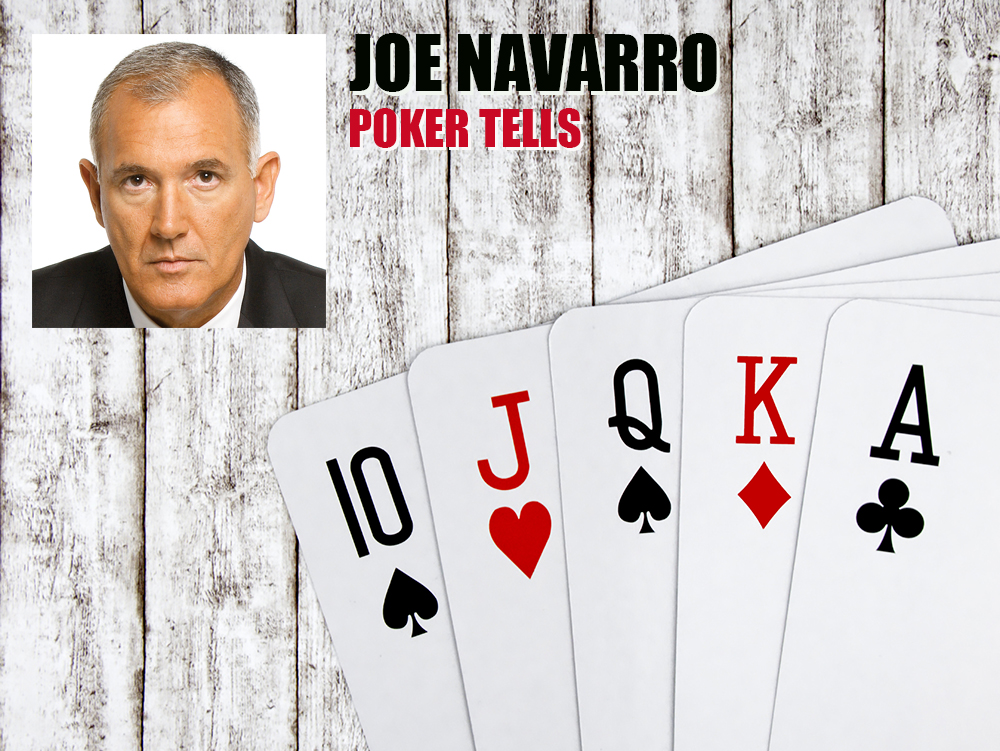I am getting emails as players get ready for the World Series of Poker Main Event, asking “What can I do to get ready?” Here are some thoughts.
1. It’s a lot of work to spend days upon days at the tournament, so get healthy. Like an athlete, prepare your body for sitting for hours and making quick decisions while hiding what you’re thinking or feeling.
2. Dig up a book you like on statistics and go through the basics. While you’re at it, pick up a good book on tells (mine or Mike Caro’s) to remind you of what tells you might see. This is a tournament where you may make as many as 250,000 decisions or observations and you have to be prepared.
3. Record yourself playing a few hands with friends and ask yourself as you review the video, “What am I giving away?” Watch those thumbs, elbows and chin; do they shout I’m strong and confident?
4. Practice hiding in the open. You want to conceal and not reveal. As the cards are dealt what can others read from you? Try to cover the mouth and chin with your hands joined in front of the face so you can rest your chin on your thumbs and hide your face as much as possible.
5. There are subtle bluffs you can work on such as suddenly widening the spread of your fingers on the flop (more territory the stronger we are) when you’re weak or even fake a hand steeple, on the river and then cover it up immediately.
6. Talk to players to get used to collecting information, so when you’re at the tournament it’s comfortable. Ask about how much they play and where? You’re there to collect information but also by talking to them you’re collecting baseline information such as how they act when things are calm and their chips aren’t in jeopardy.
7. Go to a casino and don’t play. That’s right, just walk around, keep an eye on a few tables and see how quickly you can spot who will fold, who’s hurting, who’s bluffing, who’s marginal and who’s weak. My books cover all of that. Do it without getting noticed so by the time the tournament comes around you can pick up tells without influencing what you’re observing.
8. Observation is a skill and it’s perishable. Practice looking at some of the players you may play against on video. Don’t be intimidated by players with hoods; they all have tells in their posture, hands, legs and arms. As you do so, remember this is the job of being a pro and have fun.
— Joe Navarro is a former FBI Special Agent and is the author of What Every BODY is Saying and 200 Poker Tells. He writes about poker tells exclusively for Ante Up Magazine.



